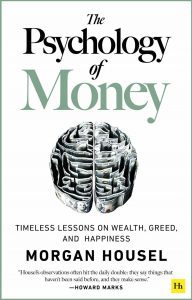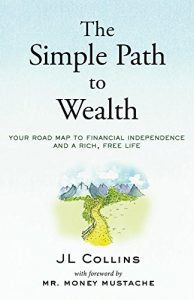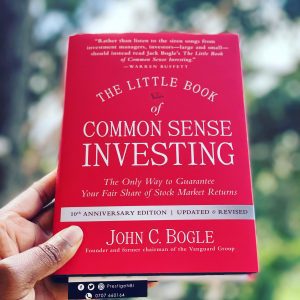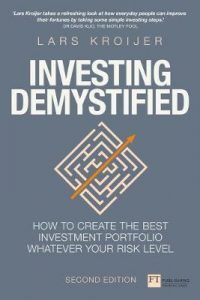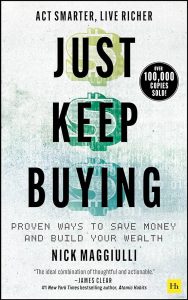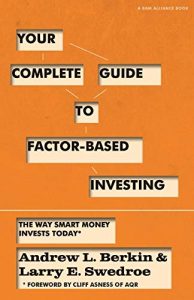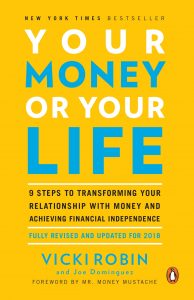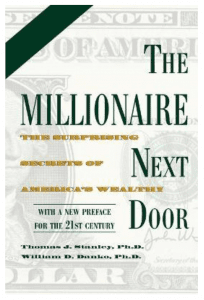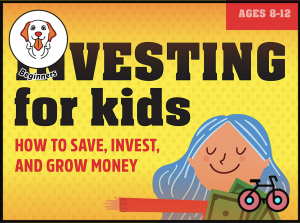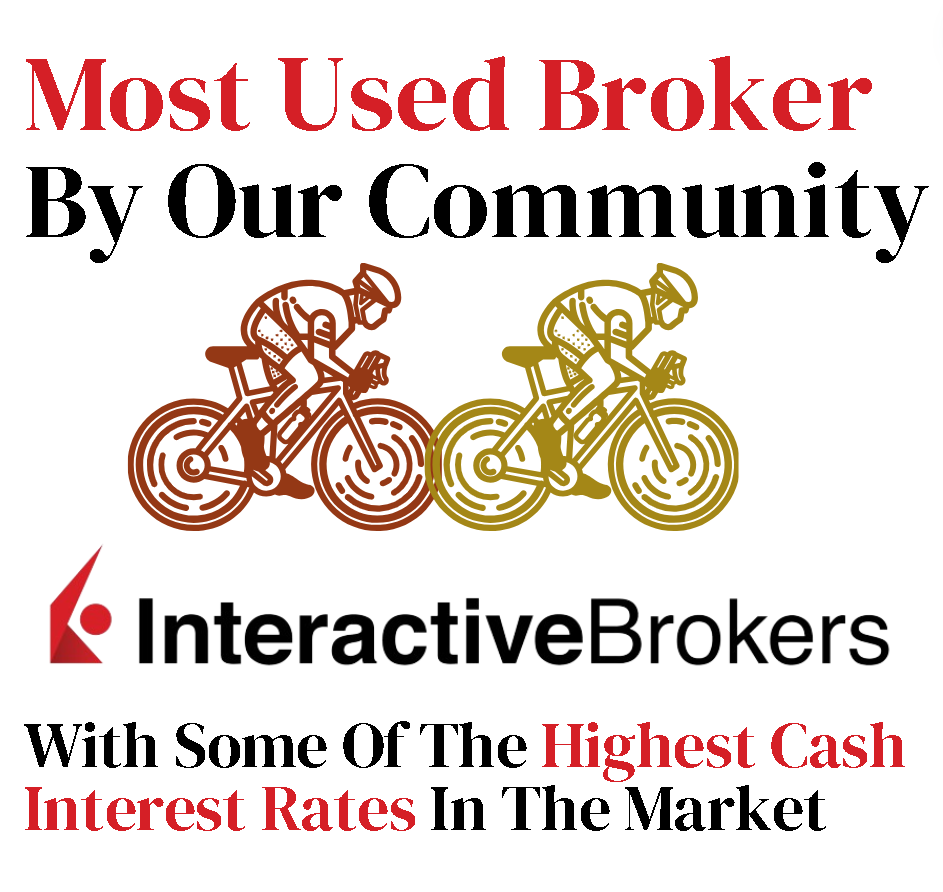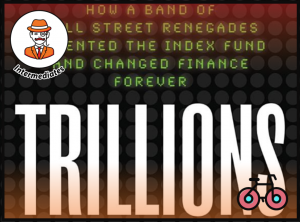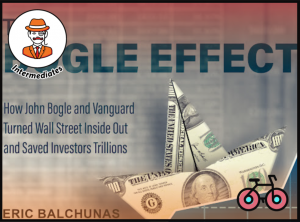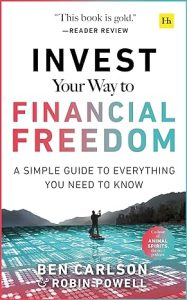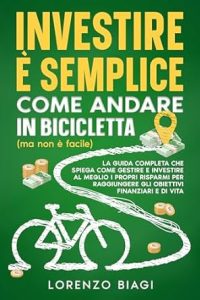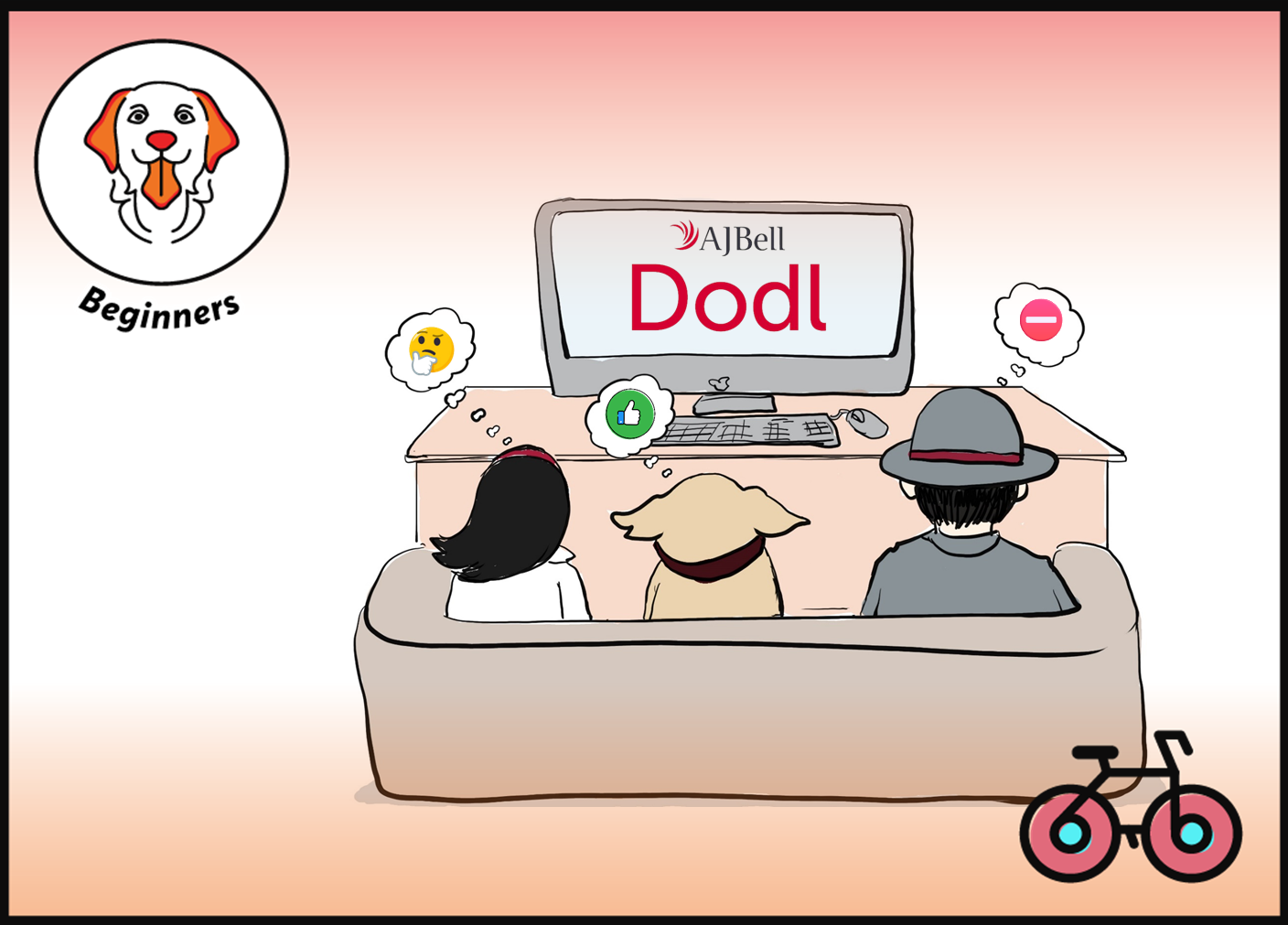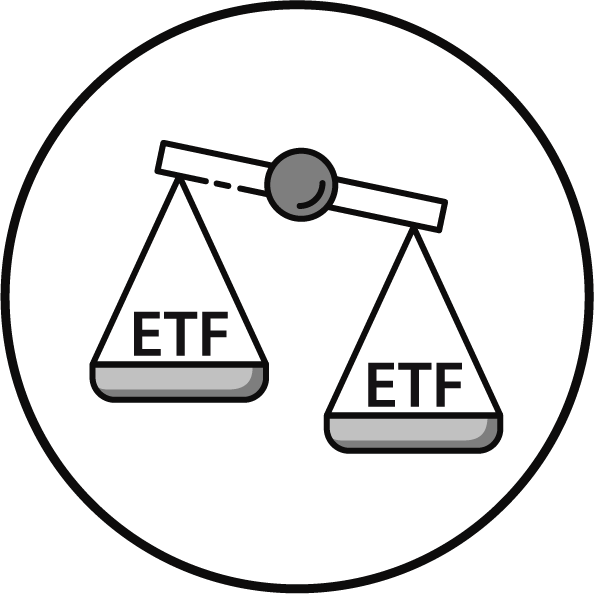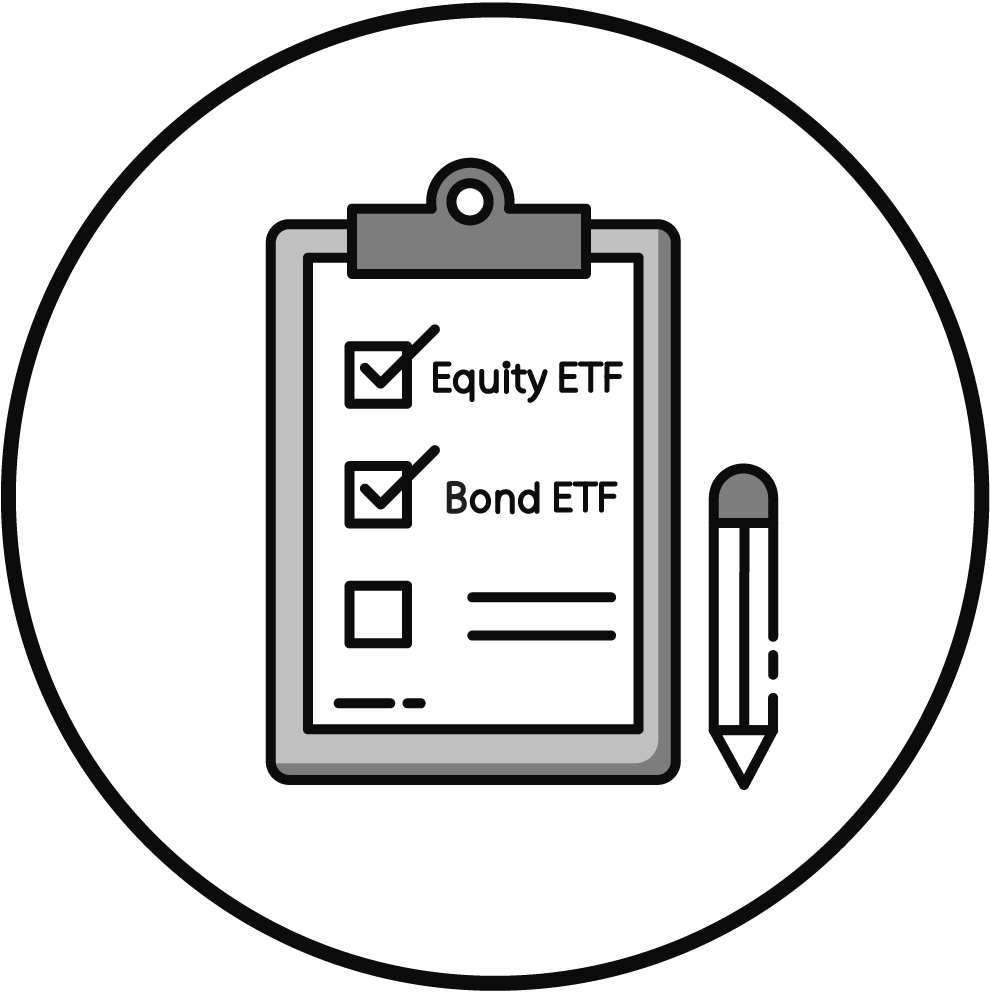15 Best Investing Book Gifts To Choose From This Christmas

How to choose an investing book present for christmas
The holiday season is just around the corner, and with it comes the challenge of finding a great gift for your loved ones. Why not opt for a personal finance book this year? Today, let’s go through our criteria to see which could be appropriate for your friends and family.
Are the books Beginner-Friendly? Do they show the path to Financial Freedom? Are they explaining Investing Concepts? Do they cover Personal Finance optimisation like Mortgages or Taxes? Finally, is the Investing How-To covering European and UK Investing Products?
KEY TAKEAWAYS
- Three Absolute Classics – For Anyone In Your Family – Psychology Of Money, The Simple Path To Wealth and The Little Book Of Common Sense Investing.
- Hands-on Books – For Investing Geeks – Investing Demystified, Just Keep Buying, Your Complete Guide to Factor-Based Investing.
- Lifestyle Books – For Casual Reading – Include The Millionaire Expat, Your Money Or Your Life and The Millionaire Next Door.
- Books For Kids – Include Grandpa’s Fortune Fables: Fun stories to teach kids about money and Investing for Kids, How to save, invest and grow money.
- Wall Street Books – Include Trillions and The Bogle Effect.
- Local Books – Include Invest Your Way To Financial Freedom (UK) and Investing Is Simple Like Riding A Bike (Italy).
Here is the full analysis
THREE Absolute Classics FOR ANYONE IN YOUR FAMILY
For Friends WHO want to UnderstanD how money Works
1. Psychology Of Money (Morgan Housel)
Our ASSESSMENT
Beginner-Friendly
Financial Independence Principles
Investing Concepts
Personal Finance Know-how
Investing How-to for Europeans
OVERALL RATING
Our ASSESSMENT
Beginner-Friendly
Financial Independence Principles
Investing Concepts
Personal Finance Know-how
Investing How-to for Europeans
OVERALL RATING
For financial independence SEEKERS IN THE FAMILY
2. THE SIMPLE PATH TO WEALTH (JL COLLINS)
The author, one of the early proponents of financial independence. He has helped countless people to improve their financial life. Because Collins wrote this book for his 19-year-old daughter, it provides important information for young savers entering the adult world. Unlike many other authors, he advocates an aggressive 50% savings rate, which is in line with financial independence principles. He discusses how this is achievable for most people in jobs that pay an average or above-average salary, which is a big differentiating aspect compared to other books. European investors will find the first and last parts of the book useful, but might have to skip over the middle bits, which go into detail about the American system.
Our ASSESSMENT
Beginner-Friendly
Financial Independence Principles
Investing Concepts
Personal Finance Know-how
Investing How-to for Europeans
OVERALL RATING
Our ASSESSMENT
Beginner-Friendly
Financial Independence Principles
Investing Concepts
Personal Finance Know-how
Investing How-to for Europeans
OVERALL RATING
FOR FRIENDS WILLING TO BUILD THEIR FIRST PORTFOLIO
3. The little book of common sense investing (John Bogle)
The author has founded Vanguard, one of the largest and most respected financial institutions in the world. If you want to read about Index Investing from the Father of Passive Funds, Bogle may be the perfect choice. Although Bogle’s aim wasn’t to create a resource for complete beginners, the book is understandable for everyone and clearly highlights important investing principles. It is written for an American audience, but people around the world can benefit from the advice. This is especially true since index investing has spread around the globe in recent years.
Our ASSESSMENT
Beginner-Friendly
Financial Independence Principles
Investing Concepts
Personal Finance Know-how
Investing How-to for Europeans
OVERALL RATING
Our ASSESSMENT
Beginner-Friendly
Financial Independence Principles
Investing Concepts
Personal Finance Know-how
Investing How-to for Europeans
OVERALL RATING
❤️🐶 Shop & Support - Celebrate our 4th anniversary! 4️⃣🎂
Spread the Golden Retriever Wisdom Across Europe & the UK 😎
Banker On Wheels is 4 years old! To celebrate our anniversary we have launched the official merchandise store – Shop.Bankeronwheels.com. You can now get your favourite Golden Retriever, or your factor tilt on a coffee mug or a T-Shirt while supporting our cause! All profits are reinvested into creating more educational content. Alternatively, you can also buy us a coffee. Thank you for all your support ❤️
THree HANDS-ON BOOKS For geeks
FOR INVESTORS Building A portfolio IN THE UK AND EUROPE
1. Investing Demystified (Lars Kroijer)
Investing Demystified by Lars Kroijer is a comprehensive guide for investors looking to optimize their portfolios. The premise is that 95% of us don’t have an edge over the market, so we should simply choose a minimum-risk bond asset and a world equity tracker. With Investing Demystified, Kroijer has created a truly international work that draws examples from all over the world. However, the book might be hard to understand for a complete beginner, since it is quite technical. Investing Demystified discusses the risks involved in investing in a much more comprehensive way than the other books on the list (except Factor Investing). Thus, it could be a great choice for someone interested in optimizing their portfolio for both performance and risk.
Our ASSESSMENT
Beginner-Friendly
Financial Independence Principles
Investing Concepts
Personal Finance Know-how
Investing How-to for Europeans
OVERALL RATING
Our ASSESSMENT
Beginner-Friendly
Financial Independence Principles
Investing Concepts
Personal Finance Know-how
Investing How-to for Europeans
OVERALL RATING
FOr pragmatic Data-Driven Approach to INVESTING
2. Just Keep Buying (Nick MaggiuLLI)
“Just Keep Buying” by Nick Maggiulli stands out for its fresh perspectives and actionable advice. Maggiulli, COO at Ritholtz Wealth Management, offers practical, data-backed strategies for wealth-building.The book is structured into two main sections: ‘Saving’ and ‘Investing.’ Key takeaways include the importance of saving early in your wealth journey, the effective 2x rule to manage spending, and a focus on the stock and bond markets as consistent investment choices. Maggiulli’s approach is pragmatic, blending lifestyle insights with investment strategies, making this book an excellent choice for those seeking to deepen their personal finance knowledge, especially for early investors and those transitioning from using investment advisors. A Polish adaptation has also been recently released.
Our ASSESSMENT
Beginner-Friendly
Financial Independence Principles
Investing Concepts
Personal Finance Know-how
Investing How-to for Europeans
OVERALL RATING
Our ASSESSMENT
Beginner-Friendly
Financial Independence Principles
Investing Concepts
Personal Finance Know-how
Investing How-to for Europeans
OVERALL RATING
For Investing Geeks trying to Understand Factors
3. YOUR COMPLETE GUIDE TO FACTOR-BASED INVESTING (Berkin & Swedroe)
Your Complete Guide to Factor-Based Investing is an essential read for investors looking to dive deeper into the advanced investing. Even if you won’t be using factors, the book is great to make the concepts intuitive. It breaks down complex financial theories into understandable concepts, explaining how investors may potentially enhance their portfolio returns by focusing on specific factors known to influence stock performance, such as value, size, momentum, and profitability. It also explains that these returns are not without risks. It’s an ideal read for those who have a foundational understanding of investing and wish to explore more sophisticated investment strategies beyond traditional stock and bond allocation.
Investing As an Expat
1. Expat Millionaire (Andrew Hallam)
Exercise-driven book on the way in life and money
2. Your Money Or Your Life (Vicki Robin)
This book is considered in the financial independence community to be the most influential body of work in this realm. By figuring out what we truly value, we can free ourselves from the endless cycle of working long hours and spending money to make up for our jobs. Robin states that many of us don’t make a living, we “make a dying”. Our jobs sap the life out of us and rob us of our most precious years. The premise is that financial intelligence, integrity, and independence can help you lead a more meaningful life and avoid the earning-to-spend treadmill. We really enjoyed the concepts of money as “life energy” and the strong focus on the “why”. The book has an interactive and practical setup, which encourages the reader to complete useful exercises and therefore get more involved with the concepts.
How average people end up millionaires
3. The Millionaire NExt Door (Stanley & DAnko)
The concepts in The Millionaire Next Door are easily understandable for everyone. That’s why the book will provide a lot of value to beginners. Many of the people interviewed were financially independent, so it can provide valuable information for people who want to manage their money better. However, it is equally interesting for those of us who are further along in our journey. Stanley and Danko explain how millionaires build on their existing wealth and how they optimize the inheritance process. In particular, the focus is on raising strong and independent children, which is crucial for people hoping to create generational wealth.
For Your Children
Age range: 6-10
AGE 6-10: Grandpa's Fortune Fables (Railey)
Grandpa’s Fortune Fables: Fun stories to teach kids about money by Will Rainey is fantastic blending of storytelling with a sound financial education accessible to young children. Grandpa’s Fortune Fables is an original and ambitious book that aims to teach children better money habits from a young age through fun stories and riddles, making it very engaging. The book is designed for children below the age of 10. Some concepts that it will teach include: everyone can become wealthy, working smart, saving before spending, investing, taxes, risk, or that a home is not an asset.
Age range: 12+
Investing For Kids (Tom, Redling)
Given that most European kids aren’t taught investing in school this book greatly complements their overall education. The book is designed for children, but it is pretty advanced and probably should be labelled as 12+. If you want to spend time with your children going through the concepts presented, it is worth the time. Certain parts that shouldn’t be there, including how to read an ESG score, but overall these are minor drawbacks for what’s a great introduction for teenagers.
History of Index Investing
Trillions (Robin Wigglesworth)
Trillions, how a band of Wall Street Renegates Invented the Index Fund And Changed Finance Forever, by Robin Wigglesworth is a fascinating insight into the people who made the Index Fund revolution happen. The stories about the people often start with some of their biggest failures. But beyond the stories, Robin also argues that every revolution brings its fair share of non-issues and sometimes real issues, such as concentration of power.
Story of John Boggle
Bogle effect (Eric Balchunas)
There are a lot of misconceptions about Bogle, especially amongst his fans and the Bogleheads community. Eric’s book is not a biography of John Bogle in the conventional sense nor is it an introduction to his claim to fame, that is, index investing. Instead, the book may be characterized as an attempt to chart Bogle’s impact on the history of the mutual fund industry.
From Bankeronwheels.com
Get Wise The Most Relevant Independent Weekly Insights For Individual Investors In Europe & the UK
Liked the quality of our guides? There is more. Every week we release new guides, tools and compile the best insights from all corners of the web related to investing, early retirement & lifestyle along with exclusive articles, and way more. Probably the best newsletter for Individual Investors in Europe and the UK. Try it. Feel free to unsubscribe at any time.
🎁 In the first email, you can download a FREE comprehensive 2-page checklist to construct & monitor your portfolio and clean up your personal finances.
Local Books
For UK Investors
INVEST YOUR WAY TO FINANCIAL FREEDOM (CARLSON, POWELL)
Invest Your Way to Financial Freedom” by Ben Carlson and Robin Powell is a noteworthy addition to European personal finance literature. Targeted primarily at beginners, especially young professionals, the book emphasizes the importance of saving 10-20% of income and automating investments for long-term growth. While it focuses mainly on UK investors, the principles are broadly applicable across Europe. However, for those pursuing aggressive financial goals like early retirement, the book may not delve deep enough into advanced strategies. It’s an excellent starting point for average income earners looking to retire at a standard age, and may require supplemental resources for more ambitious financial independence objectives.
For Italian Investors
Investing is simple - like riding a bike (Lorezno Biagi)
Lorenzo’s second book is a journey that intertwines the liberating world of cycling with wise investing – both are dear to me. At first glance, they appear worlds apart, yet they share a common theme of achieving freedom and—today, with the advent of index investing—accessibility. To my knowledge, Lorenzo is the first book writer that combines evidence-based investing with cycling. By intertwining cycling stories – including the sport’s rich Italian heritage and personal anecdotes – with a priori not always an exciting topic – Lorenzo created an entertaining book about pedalling your way through investing at every life stage.
Good Luck and Keep’em* Rolling!
(* Wheels & Dividends)

Weekend Reading – BlackRock Launches New iBonds, Truth About €1M Broker Insurance & BOW is 4 years old!

The Truth About €1 Million Broker Guarantees

4 Things I Learned In 4 Years Of Running A Finance Blog

Dodl By AJ Bell Review – AJ Bell’s Younger Brother

Vanguard LifeStrategy Review – A Retriever In A Babushka Doll

Why Do Portfolio Managers Care About Factors? It’s Not What You Think.
HELP US
🙋 Wondering why finding honest Investing Guidance is so difficult? That’s because running an independent website like ours is very hard work. If You Found Value In Our Content And Wish To Support Our Mission To Help Others, Consider:
- 📞 setting up a coaching session
- ☕ Treating us to a coffee
- 🐶 Purchasing Our Official Merchandise
- ❤️ Exploring Other ways to support our growth, both financially and non-financially.
DISCLAIMER
All information found here, including any ideas, opinions, views, predictions expressed or implied herein, are for informational, entertainment or educational purposes only and do not constitute financial advice. Consider the appropriateness of the information having regard to your objectives, financial situation and needs, and seek professional advice where appropriate. Read our full terms and conditions.

